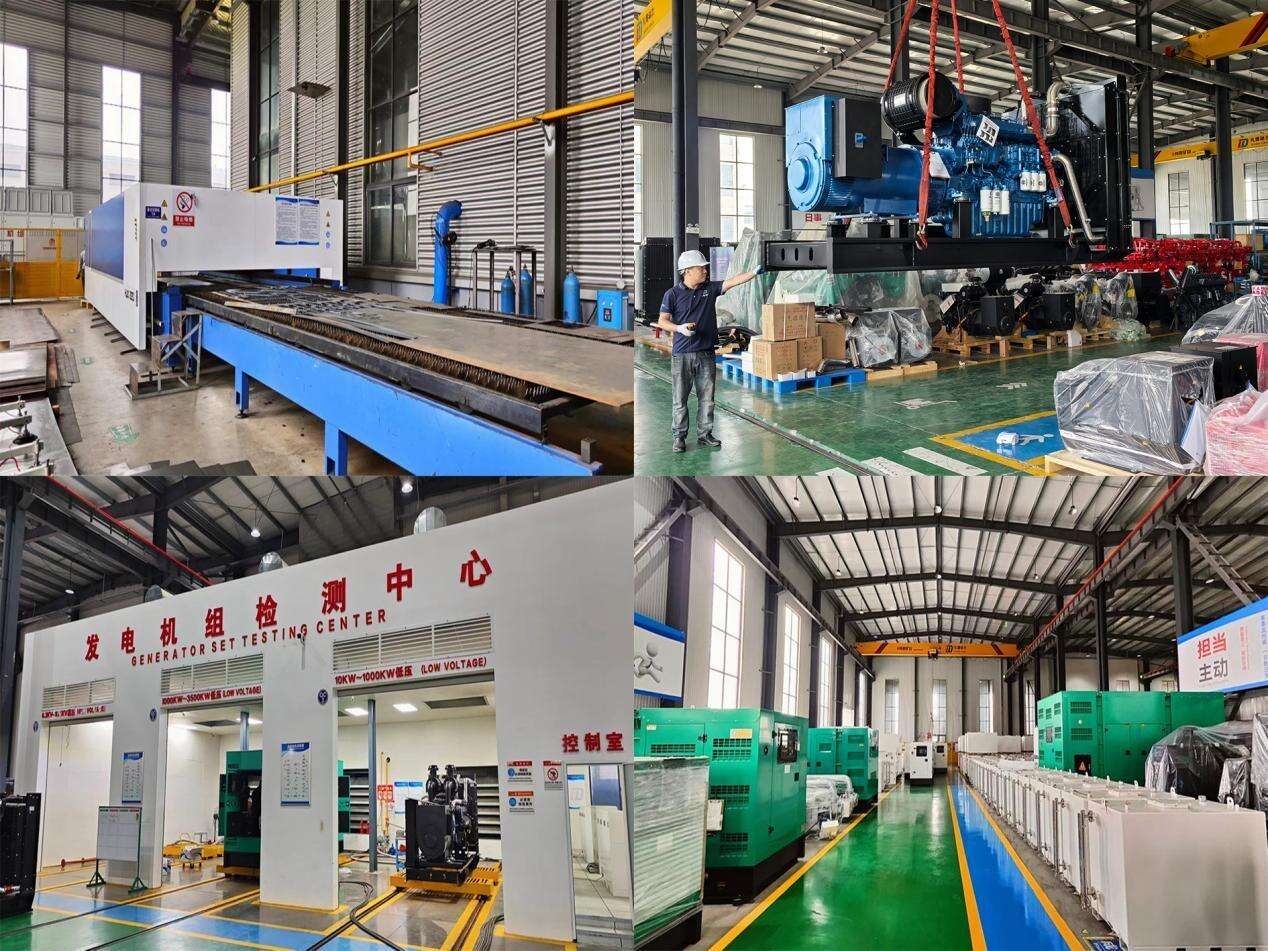Landfill gas is created whenever organic materials decomposes in a landfill. Initially, landfill gas was treated as an unwanted product by either burning it off in open flames or letting it escape into the atmosphere. This practice was not only wasteful, it contributed to the emission of greenhouse gases. The capture and combustion of the gas produced some energy, but the gas was mostly is treated as waste. The Sustainable energy focus has turned this gas into energy of renewable value. The use of the gas addresses environmental concerns and provides a profit from waste that would otherwise occupy landfills.
The Main Function of a Landfill Gas Generator
Landfill gas generators convert energy from landfill gas into electricity and heat. This process starts with gas collection through wells and pipes placed throughout the landfill. After collection, the gas undergoes a purification process to remove hydrogen sulfide, moisture, and particulates to make gas safe and efficient for burning. The gas is then sent to the generator’s engine, where it is combusted to power a turbine or alternator that produces electricity. Some generators are designed to capture and make use of the waste heat from combustion to provide heating to industrial processes, commercial buildings, or homes, thus improving energy utility.
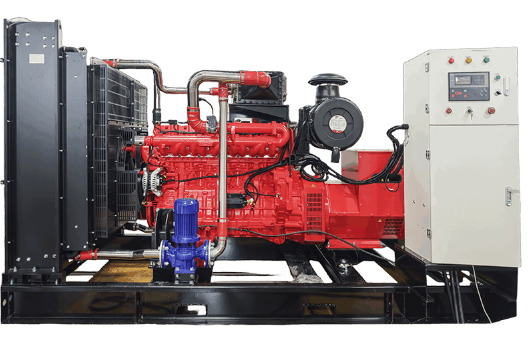
Key Advantages of Landfill Gas Generators
There are many reasons why landfill gas generators add value to sustainable energy production. From an ecological viewpoint, generators curb the free flow of methane into the atmosphere, significantly lowering greenhouse gas emissions. This is important because methane is more than 20 times more damaging than carbon dioxide. Burning landfill gas in generators decreases the use of fossil fuels. Generators also reduce greenhouse gas emissions overall. From an economic standpoint, generators are cost-efficient energy suppliers to facilities close to landfills because fuel is practically free after the collection system is installed. Gas generators also positively impact waste management by mitigating the environmental effects of landfills and prolonging their operable lifespans.
Practical Applications Across Various Sectors
The range of possible uses for landfill gas generators is extensive. For example, many landfills use the electricity generated from gas generators for their own operations, including waste processing machinery, administrative buildings, and lighting, which lessens dependence on the grid. Any extra electricity generated can be sold to the public power grid and used for the electrification of nearby residences and commercial establishments. In the industrial sector, generators are used to power manufacturing, and the heat generated is used for production, which helps the company achieve their sustainability objectives while cutting down on production costs. These systems benefit municipalities by powering public buildings, including schools, hospitals, and wastewater treatment plants.
Helping Achieve Global Carbon Neutrality Goals
Landfill gas generators are important in the transition to carbon neutrality around the world. While countries and industries try to lower greenhouse gas emissions, generators become a viable and expandable response to energy and eco-friendly challenges. They work together as hybrid systems with other renewable energy technologies, like solar and wind, to efficiently supply dependable energy. They offer eco-friendly energy and, in the process, align with the principles of the circular economy in which waste is minimized through reusing and recycling resources. Landfill gas generators are therefore a key part of the long-term energy plans of countries, industries, and people in the world in meeting global sustainability goals.
Future Developments and Innovations
Advancements in technology will continue to propel the evolution of Gas Generation from Landfills. Collection and emission reduction systems are becoming more advanced and improving energy production. New control systems and engine designs are enhancing the dependability of gas generators and their competitive edge against conventional power generators. There is also increased interest in the combination of generators and gas storage systems – gas produced to supply peaks in demand and gas produced during lulls in demand. Systems that convert gas to energy and gas storage systems are complementary. Continued gas system generator advanced systems will be more affordable, efficient, and universal. This will be pivotal in the production of renewable energy as the demand will be in the generation of gas systems for gas produced generators.



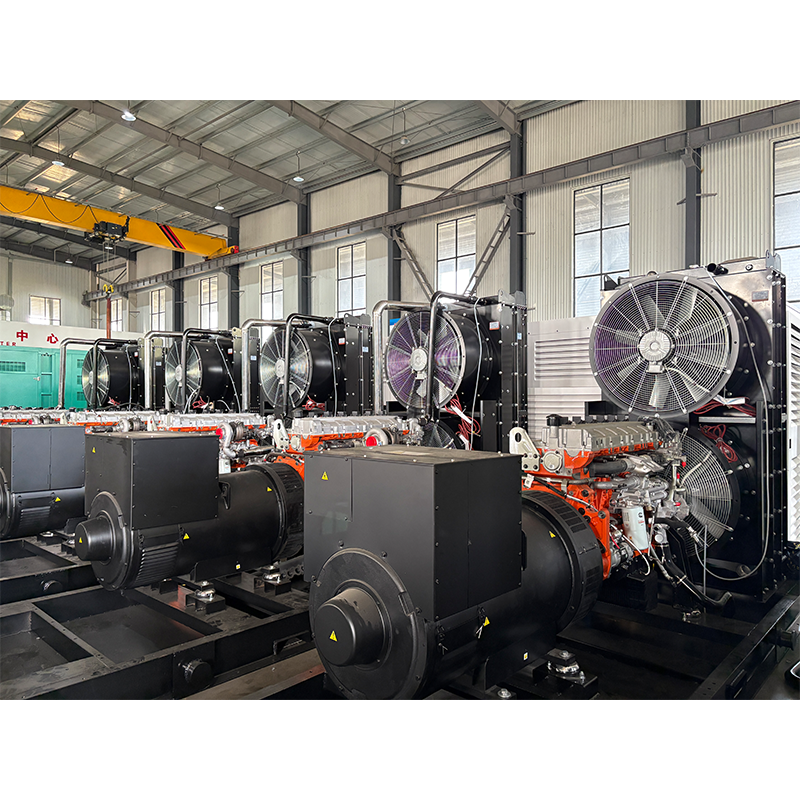
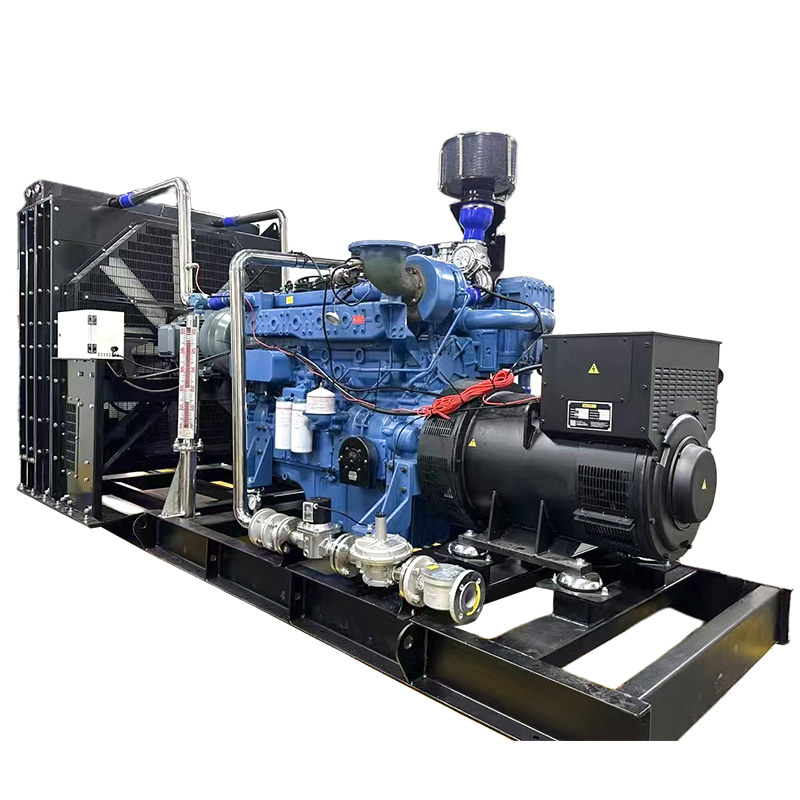
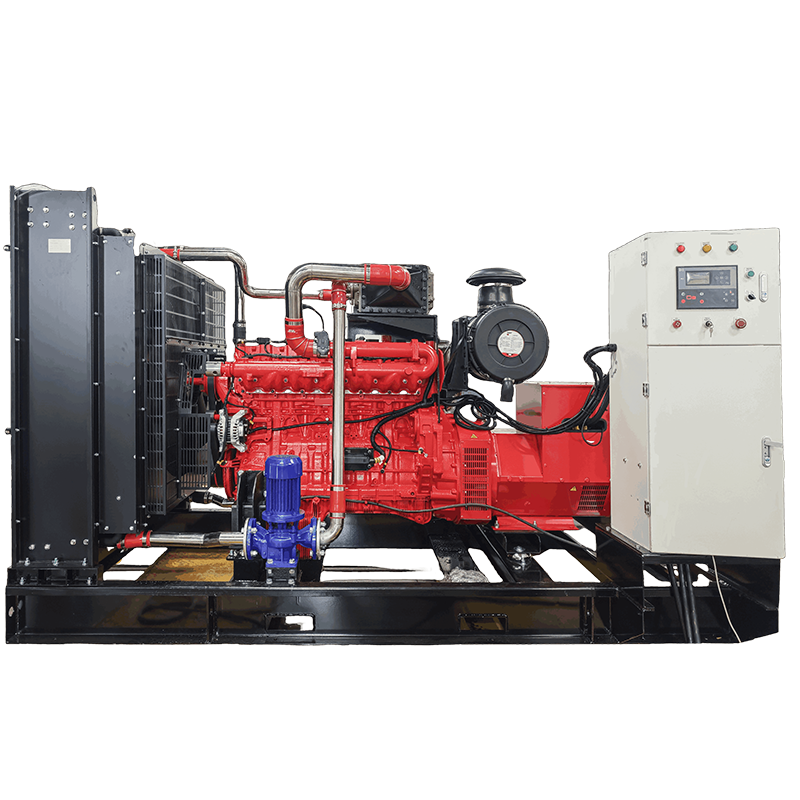
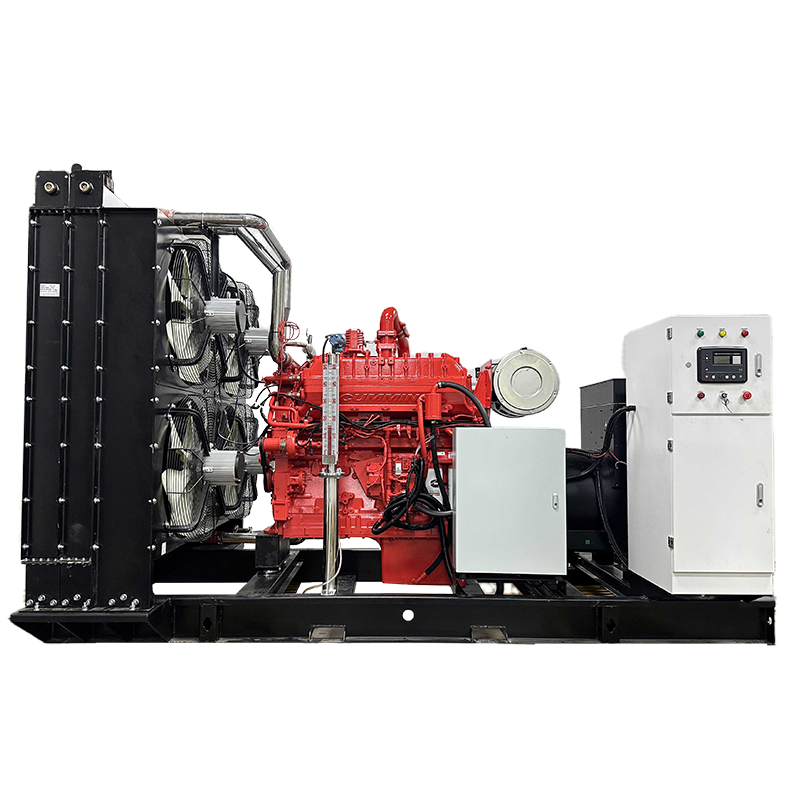
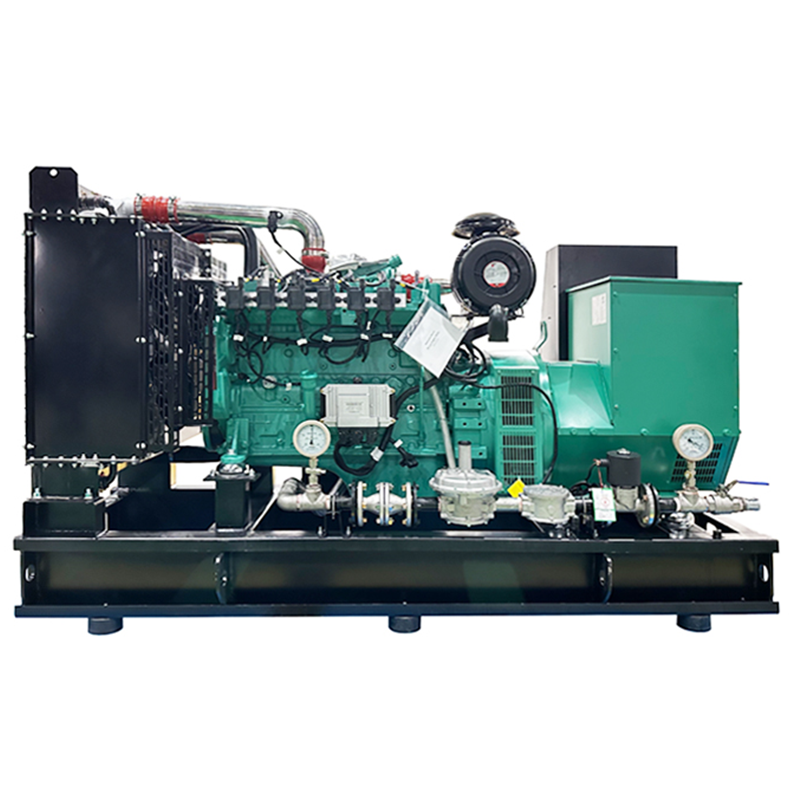
 Hot News
Hot News